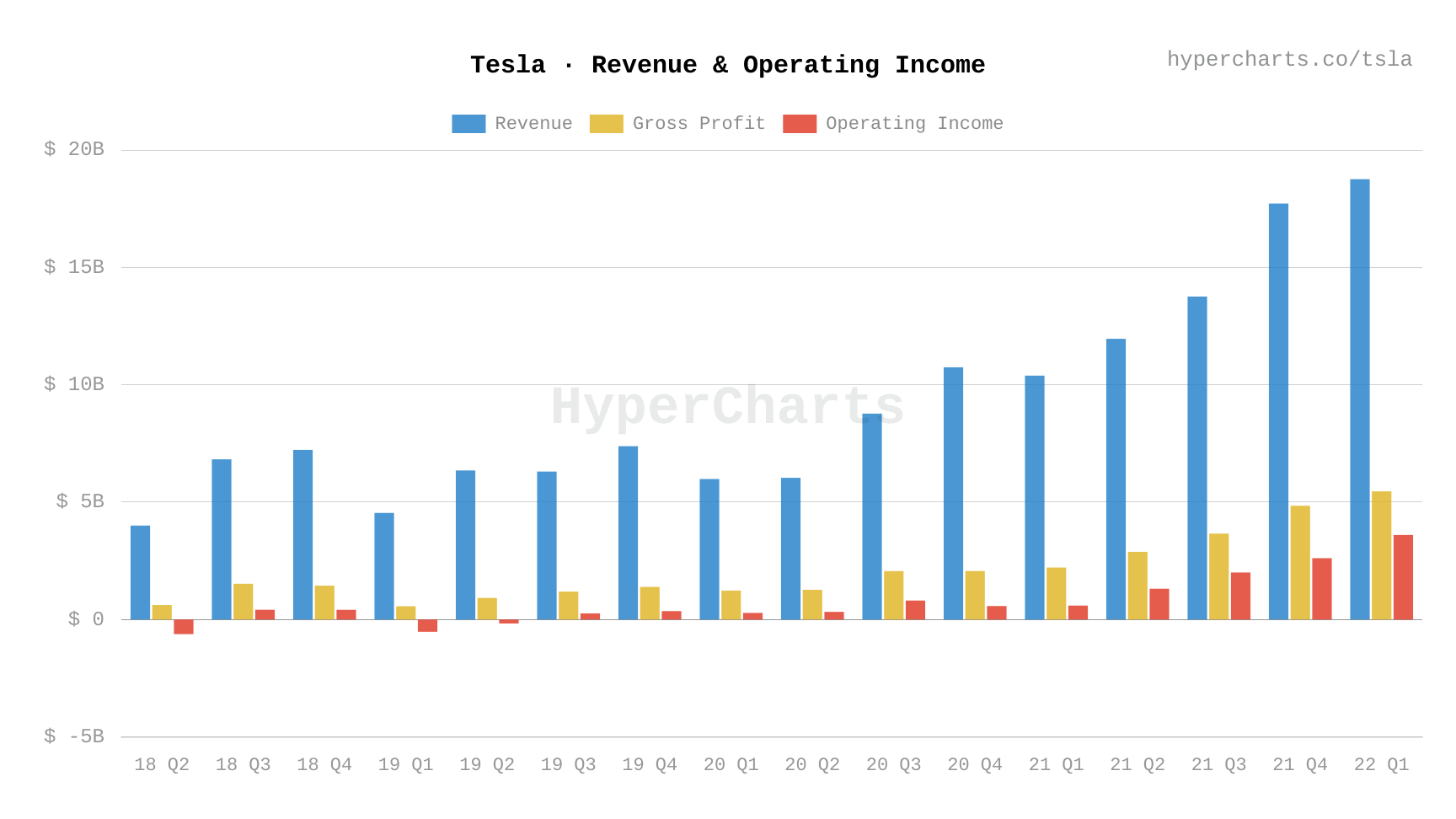High Potential: Legacy And Continued Relevance In Psych-Spiritual Development

Table of Contents
The Historical Legacy of Psych-Spiritual Practices
Ancient Roots and Modern Applications
Psych-spiritual practices aren't a modern invention; they're deeply rooted in ancient traditions across the globe. From the meditative practices of Buddhism and the yogic traditions of India to the Sufi mystical traditions of Islam, these practices have consistently sought to cultivate inner peace, self-awareness, and a deeper connection to something greater than oneself. These ancient wisdoms continue to resonate today, adapting to modern needs while retaining their core principles.
- Meditation: Ancient Buddhist monks utilized meditation for enlightenment; today, secular mindfulness meditation is widely used for stress reduction and improved focus.
- Mindfulness: A core element of many ancient spiritual traditions, mindfulness is now integrated into therapeutic practices like Cognitive Behavioral Therapy (CBT) to manage anxiety and depression.
- Energy Healing: Practices like Reiki and Qigong, with roots in ancient Chinese medicine, are increasingly used to promote physical and emotional healing.
The enduring principles of self-reflection, compassion, and mindful living, central to these ancient practices, remain highly relevant in navigating the complexities of modern life.
Key Figures and Their Contributions
Many influential figures have shaped our understanding of psych-spiritual development, leaving behind a rich legacy of teachings and practices.
- Carl Jung: Jungian psychology integrated spiritual and psychological dimensions, emphasizing the importance of the unconscious mind and individuation. His work significantly impacted our understanding of the self and the process of personal growth.
- Abraham Maslow: Maslow's hierarchy of needs highlighted the importance of self-actualization – a concept deeply connected to spiritual growth and the pursuit of one's full potential.
- Ramana Maharshi: This influential Indian sage emphasized self-inquiry and the direct path to self-realization, offering a powerful approach to spiritual development.
These figures, and countless others, have profoundly shaped modern perspectives on psych-spiritual development, paving the way for its continued evolution and widespread application.
Continued Relevance in the 21st Century
Addressing Modern Challenges
In today's fast-paced and often stressful world, psych-spiritual practices offer valuable tools for managing contemporary challenges.
- Stress and Anxiety Management: Mindfulness meditation and deep breathing techniques are proven methods for reducing stress hormones and promoting relaxation.
- Burnout Prevention: Regular engagement in spiritual practices can cultivate resilience, fostering a sense of purpose and meaning that buffers against burnout.
- Finding Purpose: Spiritual practices often help individuals connect with their values and life purpose, leading to increased life satisfaction and a sense of fulfillment.
The increasing demand for these practices reflects a growing awareness of their effectiveness in addressing the pervasive challenges of modern life.
Psych-Spiritual Development and Personal Growth
Psych-spiritual practices are intrinsically linked to personal development, fostering significant improvements in various aspects of life.
- Self-Awareness: Practices like meditation and journaling enhance self-awareness, leading to a deeper understanding of one's thoughts, emotions, and behaviors.
- Emotional Regulation: Mindfulness techniques help individuals cultivate emotional intelligence and manage their emotions more effectively.
- Improved Relationships: Increased self-awareness and empathy, fostered through spiritual practices, often lead to stronger and healthier relationships.
Integrating psych-spiritual practices into self-improvement strategies offers a holistic approach to personal growth, addressing both the inner and outer aspects of well-being.
The Rise of Holistic Wellbeing
There’s a significant shift toward holistic wellbeing, integrating psych-spiritual dimensions alongside physical and mental health.
- Yoga Retreats: These retreats combine physical yoga practice with meditation and spiritual teachings, providing a comprehensive approach to wellbeing.
- Mindfulness Apps: Technology makes mindfulness practices readily accessible, democratizing access to these beneficial tools.
- Spiritual Communities: Growing numbers of individuals are seeking connection and support within spiritual communities, fostering a sense of belonging and shared purpose.
This integration reflects a growing understanding that true well-being encompasses all aspects of the human experience, emphasizing the interconnectedness of mind, body, and spirit.
High Potential for Future Growth and Impact
Integration into Education and Workplace
Incorporating psych-spiritual principles into education and the workplace holds immense potential.
- Mindfulness in Schools: Mindfulness programs in schools can improve students' focus, emotional regulation, and academic performance.
- Mindfulness in Corporations: Workplace mindfulness programs can reduce stress, enhance productivity, and foster a more compassionate and collaborative work environment.
Integrating these principles creates a more supportive and productive environment for both students and employees.
The Role of Technology in Expanding Access
Technology is playing a crucial role in expanding access to psych-spiritual practices globally.
- Online Courses: Online platforms offer a wide range of courses and workshops on various spiritual practices, making them accessible to individuals worldwide.
- Meditation Apps: Mobile apps provide guided meditations and mindfulness exercises, conveniently integrating these practices into daily life.
This democratization of access ensures that these transformative practices reach a much wider audience, regardless of geographical location or socioeconomic status.
Conclusion
The exploration of High Potential: Legacy and Continued Relevance in Psych-Spiritual Development reveals a compelling narrative of enduring practices and their profound impact on individual lives and society. From ancient traditions to contemporary applications, these practices offer invaluable tools for navigating the challenges of modern life and fostering personal growth. Their integration into education, the workplace, and the broader healthcare landscape holds immense potential for creating a more compassionate, productive, and fulfilling world. Unlock your High Potential: Legacy and Continued Relevance in Psych-Spiritual Development by exploring the various resources available and embarking on your own journey of self-discovery. Start your journey today – your potential awaits.

Featured Posts
-
 Ras Barakas Arrest The Aftermath Of The Newark Ice Detention Center Protest
May 10, 2025
Ras Barakas Arrest The Aftermath Of The Newark Ice Detention Center Protest
May 10, 2025 -
 Palantirs Q1 2024 Results A Deep Dive Into Government And Commercial Business Trends
May 10, 2025
Palantirs Q1 2024 Results A Deep Dive Into Government And Commercial Business Trends
May 10, 2025 -
 Changes To Uk Visa System Aimed At Reducing Visa Misuse
May 10, 2025
Changes To Uk Visa System Aimed At Reducing Visa Misuse
May 10, 2025 -
 A Footballers Resilience Rejected By Wolves Now A European Champion
May 10, 2025
A Footballers Resilience Rejected By Wolves Now A European Champion
May 10, 2025 -
 Hollywood Shutdown Writers And Actors On Strike Impacting Film And Tv
May 10, 2025
Hollywood Shutdown Writers And Actors On Strike Impacting Film And Tv
May 10, 2025
